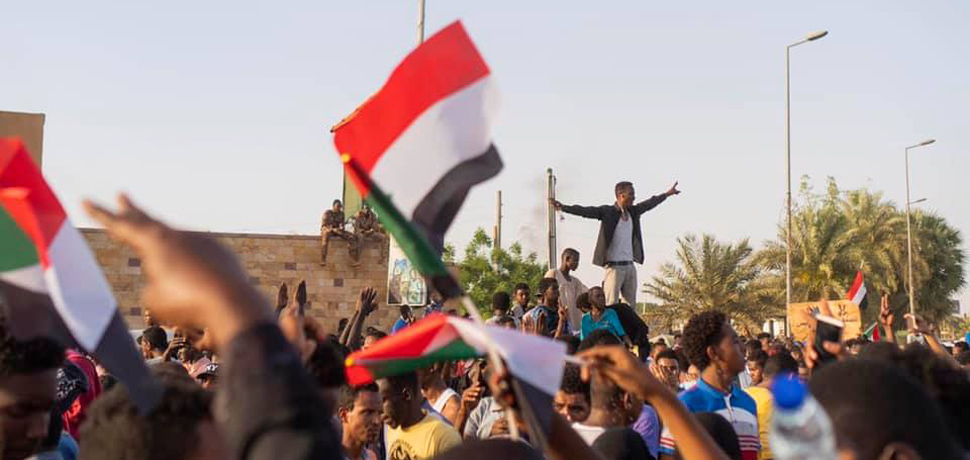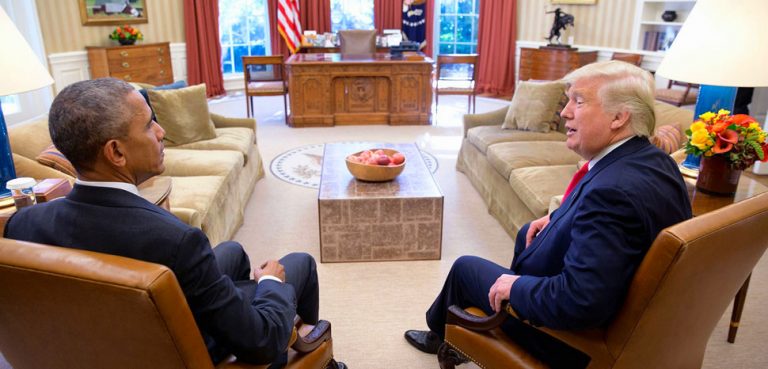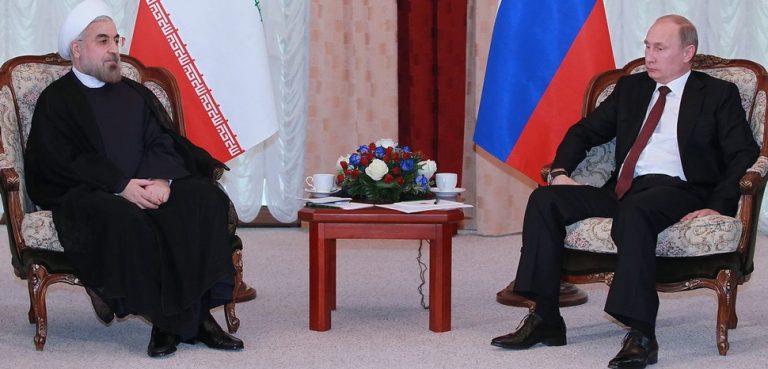The world’s attention has finally turned to Sudan after the brutal military crackdown on protesters in Khartoum on June 3 that reportedly killed more than 118 civilians and injured more than 500 others. Sudan has seen widespread protests since December 2018 over deteriorating economic conditions, which quickly devolved into calls for the ouster of longtime ruler Omar al-Bashir and his eventual deposition following a military coup d’état on April 11.
As glee in the streets over Bashir’s ouster deteriorated quickly into mass violence, former U.S. officials and international bodies have derided the lack of response from Washington. Few, however, have been concerned about the international players that have quickly seized upon the chaos gripping Khartoum: Saudi Arabia and the United Arab Emirates.
Financial and military assistance from Saudi Arabia and the UAE to Sudan’s interim military government amid protests has analysts and pro-democracy activists alike concerned that Sudan’s Gulf neighbors are simply bolstering their allies within the country. This wouldn’t only be concerning for the prospects of democratic transition in Sudan, but could also spark another regional proxy squabble, as conflicting interests in Sudan could pit the two Gulf powerhouses against the Qatar-Turkey regional axis.
Immediately following the ouster of Bashir in April after unrelenting protests, Saudi Arabia and the UAE swiftly pledged $3 billion to shore up the control of the Transitional Military Council that had seized power in the coup. Journalists on the ground also reported military vehicles manufactured by the UAE present on the streets of Khartoum to quell protests against the interim military government.
Two top leaders of the military council, Lt. Gen. Abdel Fattah al-Burhan and Lt. Gen. Mohamed Hamdan – colloquially known as Hemeti – are not new allies to Riyadh and Abu Dhabi. The generals have directly supported the Saudi-led coalition in Yemen since at least 2015 with more than 8,000 ground troops. Some of these troops are a part of Sudan’s Rapid Support Forces, led by none other than General Hamdan.
After the subsequent military coup, Saudi Arabia and the UAE openly demonstrated their largesse through aid packages and military support. However, civilian protesters continued to crowd streets across Sudan to demand the military council step down and allow for a civilian-led democratic transition. Saudi Crown Prince Mohammed bin Salman, Abu Dhabi Crown Prince Mohammed bin Zayed, and Egyptian President Abdel Fattah el-Sisi doubled down on their support for the Sudanese military council through a series of diplomatic visits in May. This support spurred Generals Hamdan and al-Burhan to reject calls from protesters to hand over power, to shutter Qatari news outlet Al Jazeera’s Sudanese operations, and to declare the protest camps a national security threat.
The most concerning aspect of the Gulf’s interference in the Sudanese uprising however was its purported tacit approval of the June 3 massacre in Khartoum. Sudanese military experts have reported that the Gulf gave a ‘green light’ to the military council to crackdown on protestors camped out in the capital. The massacre resulted in at least 100 dead and 500 injured.
For many, the Saudi and Emirati role in Sudan’s coup harkens back to memories of similar Arab Spring protests in Egypt and Bahrain. In Egypt in 2013, Saudi Arabia and the UAE were strong supporters of the coup led by then-Field Marshal el-Sisi, which culminated in the massacre of over 800 civilian protesters camped out in Cairo’s Rabaa Square. The similarities between that incident and the current strife in Sudan are so striking that Sudanese protesters were heard shouting ‘Victory or Egypt’, a common refrain in the 2013 Cairo protests. The brutal crackdown on protesters is also reminiscent of the Pearl Roundabout massacre in Bahrain in 2011, where authorities in Manama invited Saudi troops to disrupt widespread anti-government protests. The bloody intervention caused several deaths and more than 300 civilian injuries.
Following the pattern of the uprisings in Egypt and Bahrain, increased intervention by Saudi Arabia and the UAE in Sudan will spell only trouble for the possibility of a democratic transition. With the lack of diplomatic response by the United States, Europe, or international organizations, Saudi Arabia and the UAE, and by proxy the Sudanese military council, may become increasingly emboldened to repress further protests.
That may not be the only grave consequence resulting from the Gulf’s meddling in Sudan. Saudi and Emirati influence in Sudan seems to have reignited ongoing regional tensions between the two Gulf powerhouses and the newly formed Qatar-Turkey alliance. Saudi Arabia and the UAE have been quietly squabbling with Qatar and Turkey for several years over their respective regional outlooks. Riyadh and Abu Dhabi have been pushing for the anti-revolutionary status quo, which inherently supports the two nations’ long-standing monarchies. Doha and Istanbul, on the other hand, are ardent supporters and promoters of Islamist factions in the region, primarily the Muslim Brotherhood. The two axes have butted heads over these ideological differences through proxy conflicts in Libya, Syria, and Somalia.
Sudan appears to be their new battleground. In the early 2000s, Sudan was a Muslim Brotherhood stronghold and was closely affiliated with Saudi Arabia’s archrival, Iran. During the Arab Spring protests that swept the region in the early 2010s, however, Khartoum began to align itself more closely with Riyadh. Recently, though, Turkey and Qatar have been spearheading a charm offensive to gain Sudan as a strategic ally. In addition promises of increased trade, in 2018 Qatar signed a $4 billion deal to develop Sudan’s Red Sea port of Suakin, which also provided Turkey with a naval outpost on Sudan’s coast. As protests began to gain strength in Sudan, then-ruler Bashir reached out to Qatar to request assistance.
Hosting a new regional squabble will only lessen the likelihood that Sudan can achieve a democratic transition, or at the very least avoid devolving into civil war. In Libya and Syria, warring regional factions have prolonged devastating civil wars and provided fertile soil for budding rebel groups that often foment additional chaos. As the United States and other global powers continue to turn a blind eye to Sudan’s uprising, intervening powers like Saudi Arabia, the UAE, Turkey, and Qatar will only be emboldened to repress protests and hinder the full democratic transition demanded by the Sudanese people.
The views expressed in this article are those of the author alone and do not necessarily reflect Geopoliticalmonitor.com or any institutions with which the author is associated.




